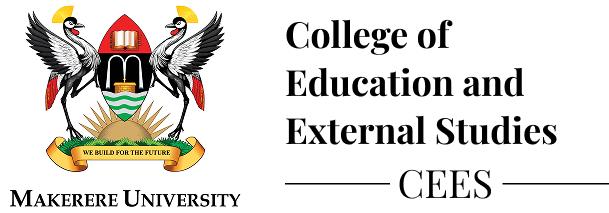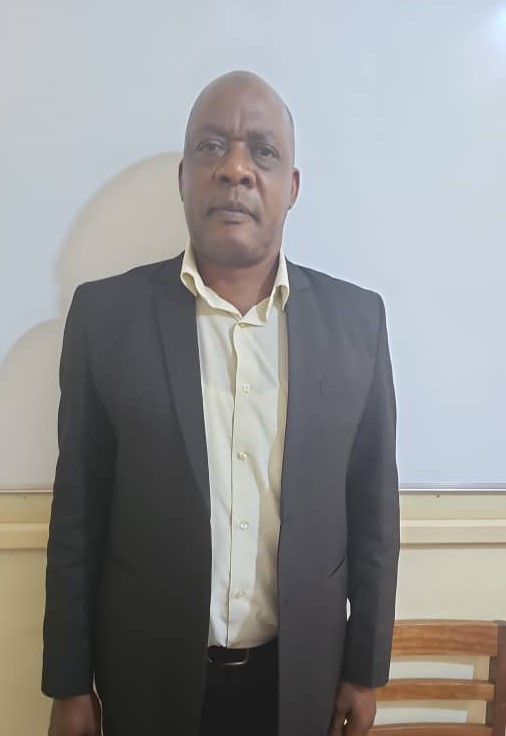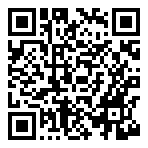Title : – Exploring the Role of Teachers in the Implementation of the Islamic Religious Education Competency Based Curriculum in Secondary Schools in Wakiso District
Abstract
This study explored the role of teachers’ perceptions towards the implementation of the Islamic Religious Education (IRE) competency-curriculum in Wakiso District. The study set out to explore teachers’ perceptions about content, pedagogies and assessment strategies used in the implementation of IRE competency-based curriculum in secondary schools. This study used a phenomenological design. Secondary teachers were sampled using simple random sampling while participants in other categories were purposively selected. Interview guide and focus group discussion guides were used as data collection instruments. Data was analyzed using thematic analysis method. The key findings revealed that teachers play a critical role in translating the curriculum’s intent into practice, shaped significantly by their own religious beliefs, cultural contexts, and understanding of competency-based education. On objective two, the findings revealed that teachers appreciated the alignment of IRE content with national values, however, they face significant challenges in transitioning from traditional teaching methods to competency-focused strategies. Finally, teachers perceived that the assessment rubric was complicated with a lot of formalities that make it difficult to implement. It was concluded that teachers generally perceived IRE Competency-based content as relevant to the current societal needs and contemporary skills of the 21st century learners. In addition, the methods used by teachers in IRE competency-based curriculum were perceived as worthy in enabling the effective implementation of this curriculum. Finally, it was concluded that teachers had perceived IRE competency-based curriculum assessment as relevant but a complex activity in its implementation. Based on the study findings, discussion and conclusions, the study recommends that if IRE competency-based curriculum is to be effectively implemented, the various stakeholders should play their roles such as providing appropriate resources needed for successful implementation, including textbooks, teaching materials, and technology. Seminars and workshops aimed at improving teaching methods and materials that are culturally relevant and reflect local Islamic practices and beliefs could also be organized. In addition, policymakers could also develop clear criteria for assessing student competencies and provide tools for teachers to give constructive feedback. Finally, this study contributes to the field of Islamic education in Uganda by providing insights into the complexities of implementing the IRE Competency-based curriculum in Uganda.
Supervisors:
Dr. Muhammad Kiggundu Musoke and
Prof. Anthony Muwagga Muggaga




